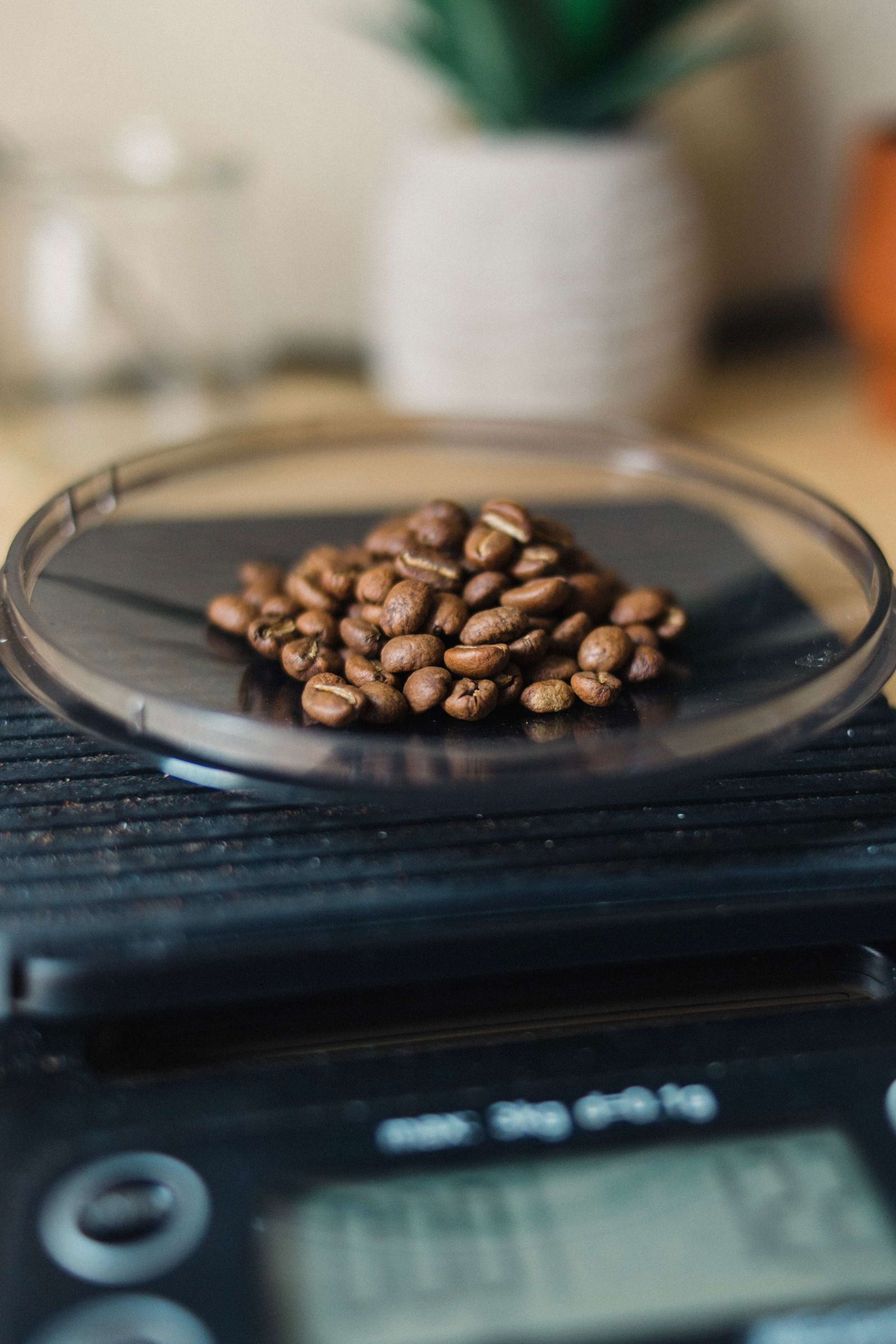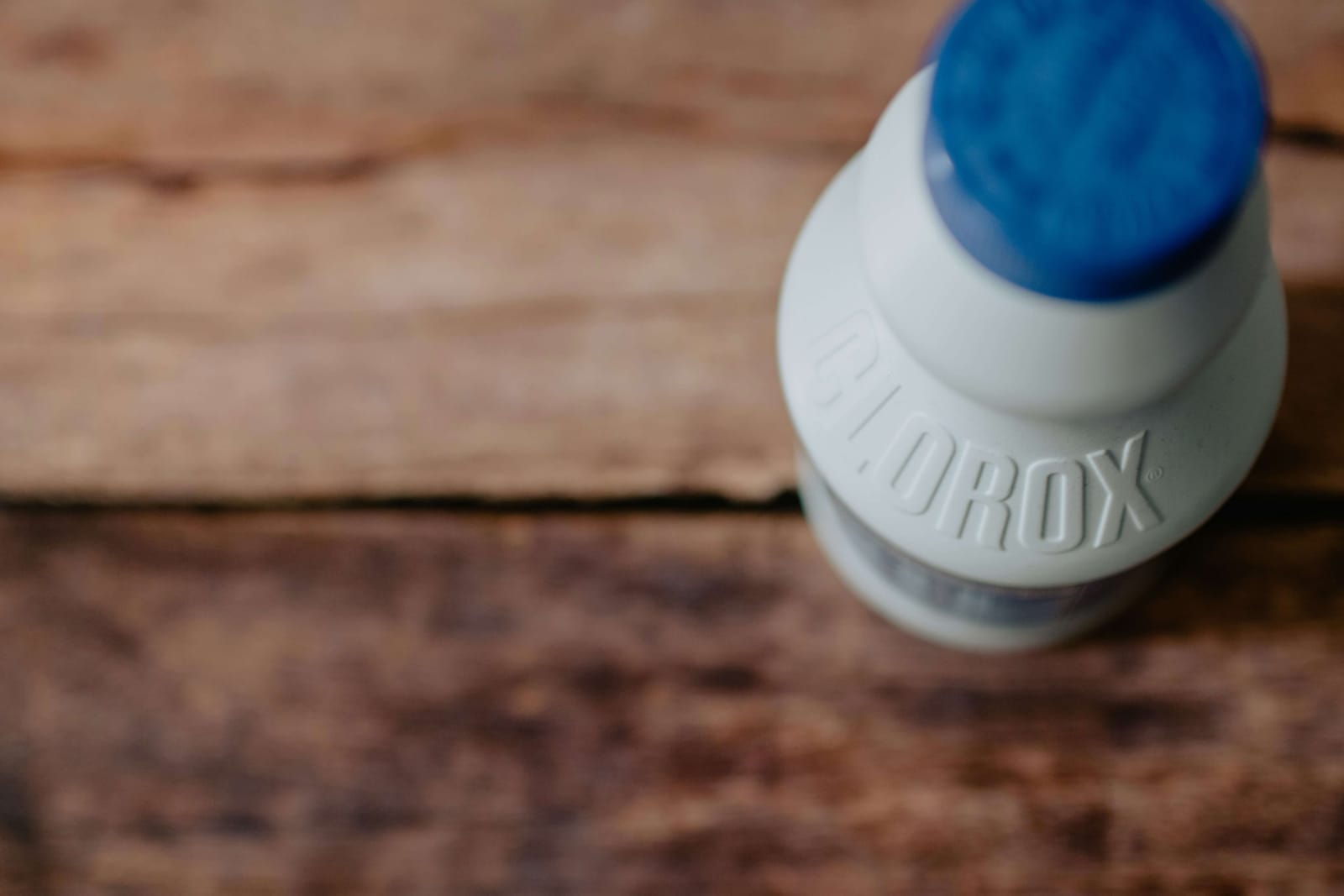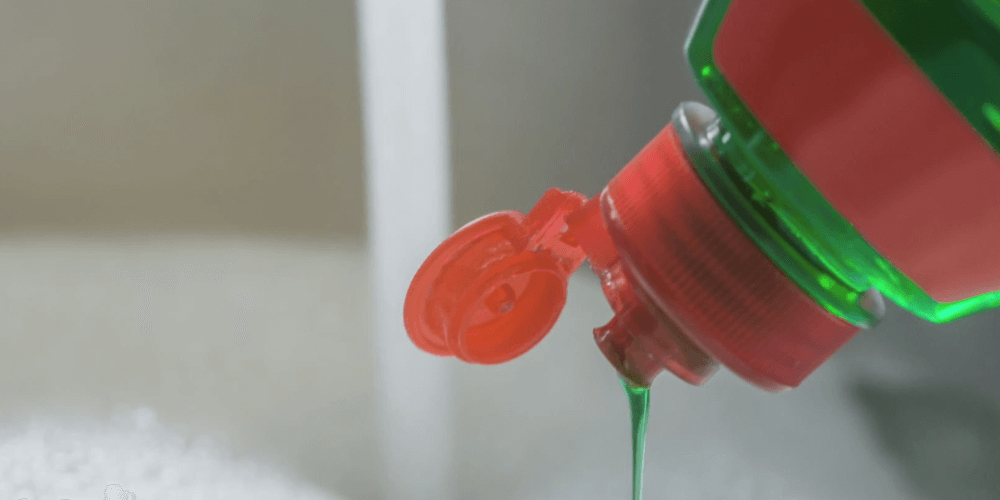Espresso brewing is an art that requires precision. One of the critical tools in achieving this precision is the espresso scale. These scales are designed to provide accurate measurements, ensuring that you get the perfect shot every time.
But why are they so essential? Let's delve deeper.
In This Micro-Post
- Role of Water Temperature
- Science Behind Extraction
- Benefits of Using Espresso Scales
- Tips for Perfect Extraction
- Frequently Asked Questions
- Conclusion
- Further Reading
The Role of Water Temperature in Espresso Brewing
Water temperature is a critical factor in the espresso brewing process, influencing the extraction of flavors from coffee grounds. The temperature at which you brew can make or break your espresso shot:
- Too Hot: Brewing at a too high temperature can lead to over-extraction. This means that the water pulls out too many compounds from the coffee grounds, including undesirable ones. The result? A bitter, burnt taste that overshadows the nuanced flavors of the coffee.
- Too Cold: On the other hand, brewing at a too low temperature can lead to under-extraction. Here, the water doesn't extract enough compounds, leaving behind many flavors that give espresso depth and richness. Your espresso shot might taste sour, weak, or just plain flat.
Striking the right balance in water temperature is crucial. But how do you ensure consistent temperature every time? That's where espresso scales come into play. By measuring the amount of coffee and water and keeping track of brewing time, espresso scales help you achieve the right temperature for that perfect shot.
The Science Behind Perfect Extraction
Extraction, in the context of espresso brewing, refers to the process of water-pulling flavors, aromas, and compounds from coffee grounds. It's a delicate dance of science and art, and here's how it works:
- Coffee-to-Water Ratio: The amount of coffee used relative to water affects the strength and flavor of the espresso. Too much coffee can make the shot overly strong and bitter, while too little coffee can make it weak and underwhelming.
- Water Temperature: As discussed, the temperature of the water affects how compounds are extracted from the coffee grounds. The ideal temperature range for espresso extraction is typically between 195°F to 205°F.
- Brewing Time: The duration for which water interacts with coffee grounds also impacts extraction. Espresso brewing is quick, usually taking 25 to 30 seconds. Too long, and you risk over-extraction; too short, and you might not extract enough flavors.
Espresso scales play a pivotal role in this science. They ensure that you always use the right amount of coffee and water. By providing accurate measurements, they take the guesswork out of the equation, allowing you to focus on the art of brewing while they handle the precision.
Benefits of Using Espresso Scales for Temperature Control
- Precision Measurement: Espresso scales allow for accurate measurement of both coffee grounds and water.
- Consistency: Ensures every espresso shot is consistent in flavor and aroma.
- Ideal Water Temperature: Helps in using the right amount of water at the perfect temperature for extraction.
- Skill Enhancement: Over time, consistent measurements can refine and elevate your coffee brewing skills.
- Quality in Every Cup: Guarantees that each brewed cup is as delightful as the last.
Tips for Achieving the Perfect Espresso Extraction
Achieving the perfect espresso shot is both an art and a science. Here are some expert tips to guide you:
- Preheat Your Espresso Machine: Before you start brewing, ensure your espresso machine is adequately preheated. This step ensures that the water temperature is consistent throughout the brewing process.
- Use Freshly Roasted Beans: The quality of your coffee beans plays a significant role in the flavor of your espresso. Always opt for freshly roasted beans to get the best taste.
- Grind Just Before Brewing: Coffee starts losing its flavor soon after grinding. To capture the full essence of the bean, grind your coffee right before you're ready to brew.
- Rely on Your Espresso Scale: An espresso scale is your best friend when it comes to brewing. Use it to measure both the coffee grounds and the water. This precision ensures that you get the right coffee-to-water ratio every time.
- Monitor Brewing Time: Brewing time can affect the flavor of your espresso. Depending on the type of bean and your personal preference, you might need to adjust the brewing time. Keep an eye on it and make changes as needed.
Frequently Asked Questions
Why is water temperature crucial for espresso brewing?
Water temperature affects the extraction rate. The right temperature ensures that all the flavors are extracted without making the coffee bitter.
How do espresso scales improve the brewing process?
Espresso scales provide accurate measurements, ensuring consistency in every shot.
What is the optimal temperature for espresso extraction?
The ideal temperature range is between 195°F to 205°F.
Can I use regular scales for espresso brewing?
While regular scales can measure coffee, espresso scales are designed for precision, making them more suitable for the task.
Conclusion
Brewing the perfect espresso hinges on precision and understanding the role of water temperature. Espresso scales are the unsung heroes in this equation, ensuring every shot is flavorful and consistent. Whether you're a barista or a home coffee enthusiast, a quality espresso scale is your ticket to coffee perfection. Master the balance, and let every espresso shot be a testament to your craft.
Further Reading
- Micro-Lot Coffees & Espresso Scales: Capturing Unique Flavors: Uncover the world of micro-lot coffees and understand the pivotal role of espresso scales in preserving their distinct tastes.
- Calibration and Care: Maintaining Your Espresso Scale: Learn the essentials of calibrating and maintaining your espresso scale for consistent coffee brewing.
- For a deep dive into unique brews, read the article 'What Is Microlot Coffee, and What Makes It Special?' presented by Driven Coffee Roasters.
- If you're in search of the ideal espresso scale to elevate your brewing experience, don't miss our comprehensive guide on the best espresso scales available in the market.



